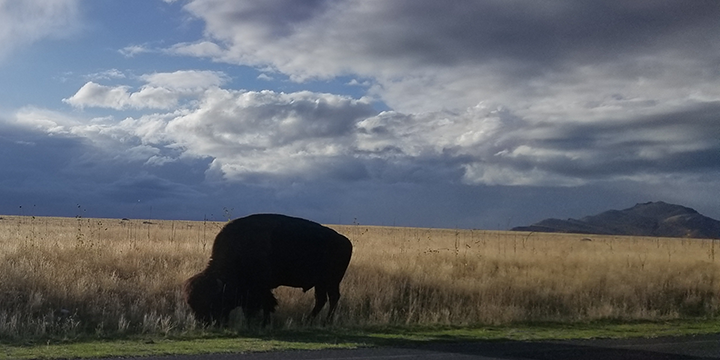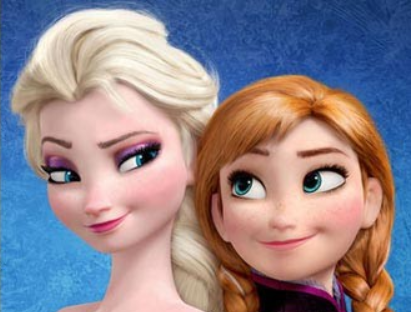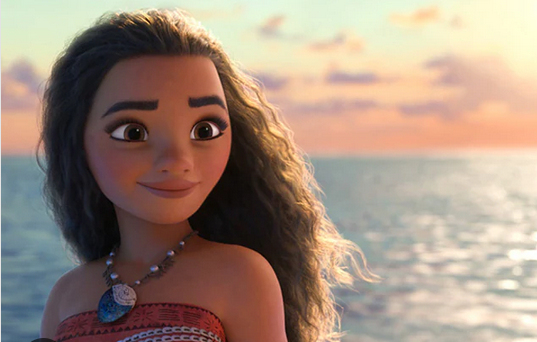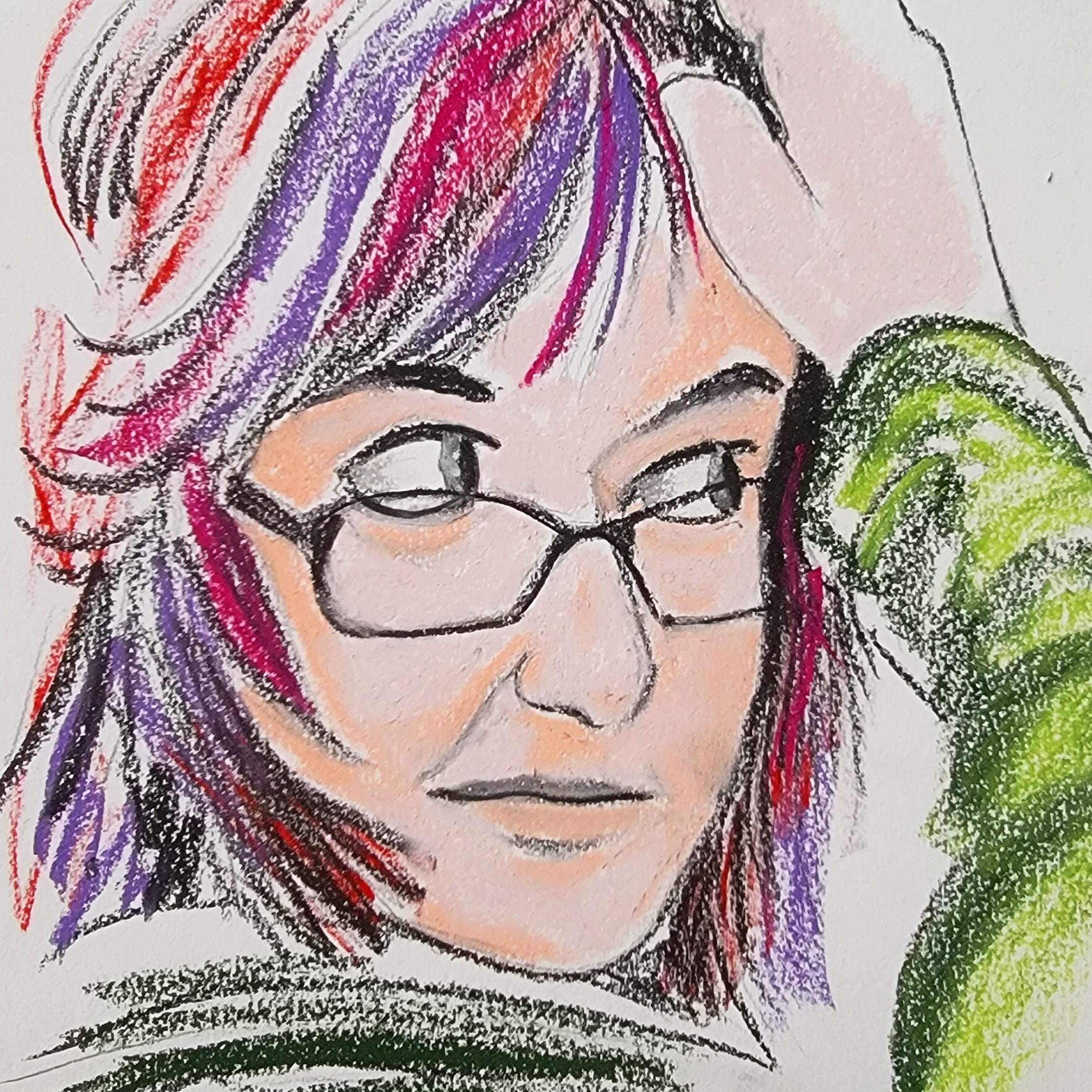Last year I read a book that changed my perspective on political ideologies. It is called the Righteous Mind by Jonathan Haight, and I have read it twice now. In this book he describes the thoughts and tendencies that then play out to create political differences between people.
At the very end of the book, as part of his conclusion, he describes the heroic tale of the left and the heroic tale of the right. Our stories build who we are, I have come to believe that the tales we tell about ourselves and our groups have ultimate power to sway our decisions and the course of our lives.
It fascinated me to think that stories could be related to politics. It also amazed me that tendencies as a baby could then create fiscal policy beliefs in adults. Since I read that book, I’ve started evaluating the world using the terms “liberal” and “conservative” not to describe politics, but perspectives.
Before I talk about ideologies, I think it’s only fair to say a bit about myself, because everyone has a political ideology, including me.

My parents were raised by conservative people, but then rebelled heavily, ending up no contact with much of the extended family. They joined the military for adventure and left feeling bitter. They made mistakes, turned their lives around and trusted that with an unconventional spirituality they could make a better life for their daughter.
They raised me to be independent and whimsical, with little regard to tradition. They valued creativity and innovation, with my dad changing careers and learning new jobs every other year and my mom constantly making embroidery, studying new cuisines, and searching the library.

My house was full of books and foreign foods, and my mom pointing out misogyny in my cartoons and my dad stepping over “Do not pass” signs. I was told that rules are for the rulemakers. I was told that church was to make friends, and the stories told were analogies, not to be taken seriously. I was told that being weird was normal and no one’s actually normal.
They did all this, while living in Texas. So I would walk to school where everyone else was being told something very different at home. I would go to church where the Sunday school teachers told me that Jesus saves. From what? From hellfire.
I was too young to understand their world. All I knew is that they were mad at people like my parents, and that I was too wild, too subversive, too different to fit in. And that fitting in was very important to them. Wearing the right clothes, saying the right things, participating in the nuanced dance that was “normal” never happened to people like me.
I loved those people. The people in Texas, the conservative people. They were just like anyone else, they could be very generous, great friends. Even worldly, accepting, loving and tolerant. Not all of them, but I am a big believer in diversity, even within groups. I hate a generalization.

I grew up, and leaned in to my eccentricities. I wear flamboyant clothes. I have danger hair. According to the morality test Jonathan Haight’s team created, I am “very liberal.” But I never stopped wondering why the difference.
So the premise of the Righteous Mind appealed to me. An attempt to dissect and determine the root of the differences between the left and right. Why do some people prefer Cracker Barrel and some people never go to chain restaurants if they can avoid it?
He distilled the conservative story into the value of tradition. There was a glorious past, and we are constantly falling away from the past perfection, but if we try, we can regain some of that luster. If we are looking for a guide, our history books point the way.

The liberal story is the value of progress. The past was full of mistakes, and we must constantly work to fix our errors, in order to achieve a more perfect future. Science and discovery is the best way to find the way out of the shameful past.
Thanks to labeling these perspectives, I can see the shortsightedness of believing either in all circumstances. I can now recognize what people are appealing to in fiction. I can communicate a little easier with people different from me.
To demonstrate the effect these stories have on media, I will use two Disney films as an example. To most people familiar, you will have a preference for one over the other. Do you like Frozen or Moana better?

I will distill the story of Frozen in more general terms than in the movie. A princess is different, and has the ability to do things others cannot. On accident, this injures her sister. Out of an overabundance of caution, they lock her away in order to prevent accidents. During the coronation ceremony, she decides she is unwilling to live in hiding, and leaves home in order to learn how to use her ability. She leaves destruction in her wake, her kingdom ruined and starving behind her. Her sister goes on a heroic journey to bring her home, so that she can recommit to the responsibilities of the kingdom and stop using her ability so recklessly. She is brought home successfully, and agrees to only use her ability for the good of the kingdom and give up her independent life.
I watched the movie and immediately wanted to rewrite it from Elsa’s point of view. Escaping an abusive home, in order to flourish in a world of her own creation. But the original story is very popular. It is also a conservative story, with the value taught being responsibility to your home and family.

Moana can be described as the story of a girl who, instead of following her father’s instructions, disobeys in order to search for a solution to the problems of the village. She regrets her need to rebel, but the story follows her journey through the world, to tame the evil and change the world. When she faces hardship, she finds the strength to trust her own ability to succeed without help. She returns heroic and successful, with a new way of life for her village to progress. Her father is grateful she has returned, and she leads her tribe on a voyage across the sea.
I resonated deeply with the story. It was very much the same premise as Frozen, only with the main character shifted. It reflects a liberal perspective; the values taught discovery, self reliance and changing the world for the better.
Neither story is intrinsically better than the other. They both teach courage, trust in one’s own abilities and love for one’s family. Just like all labels, their only purpose is in helping aid communication. It is also something I will keep in mind as I hear people’s favorite stories.
